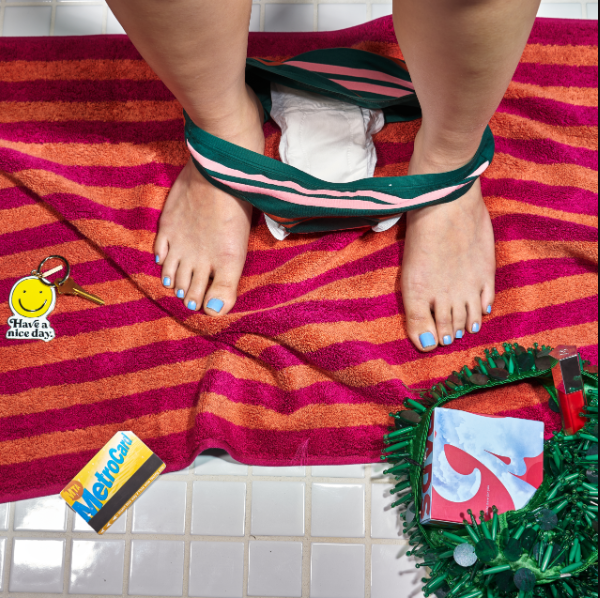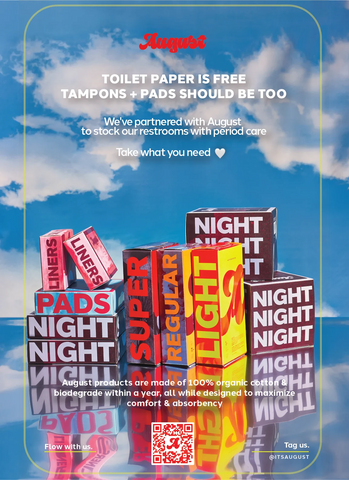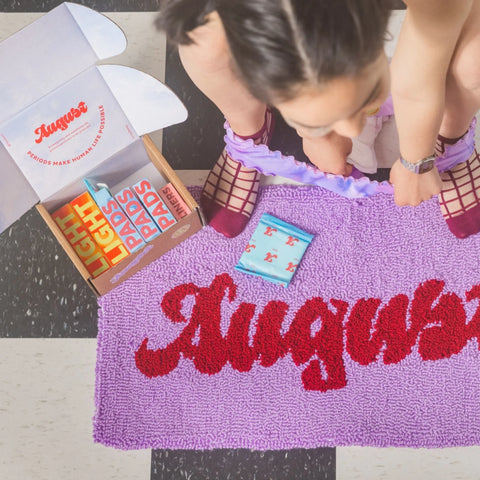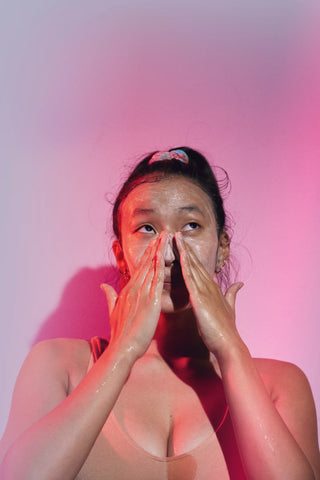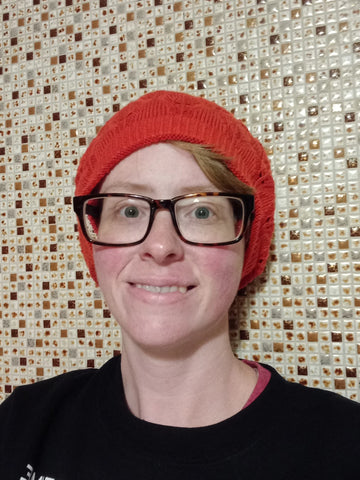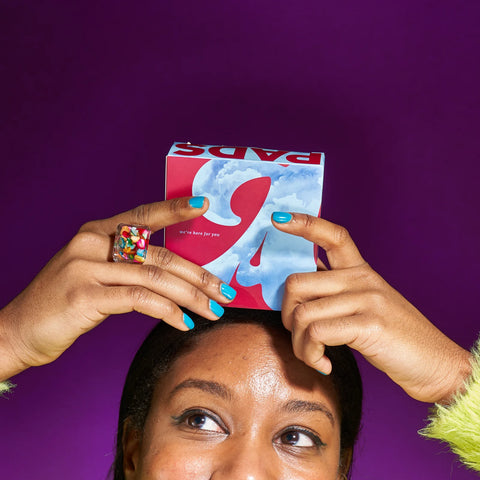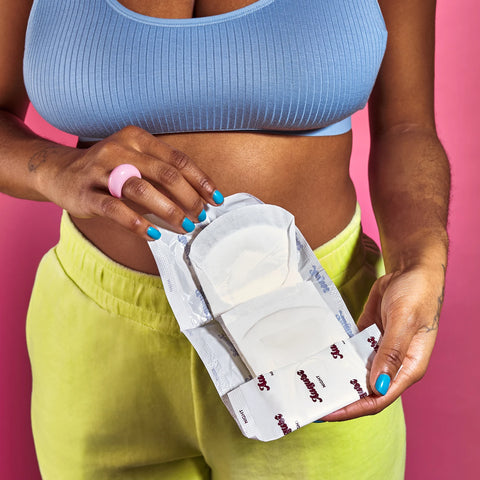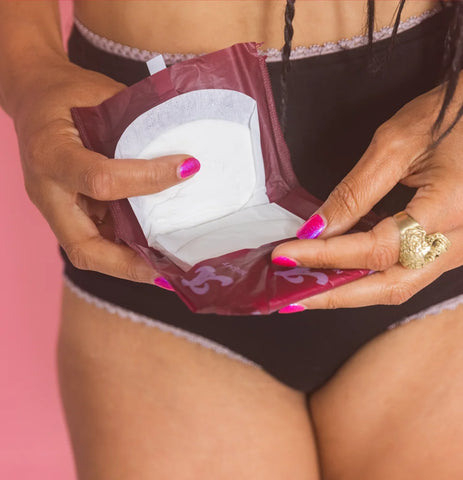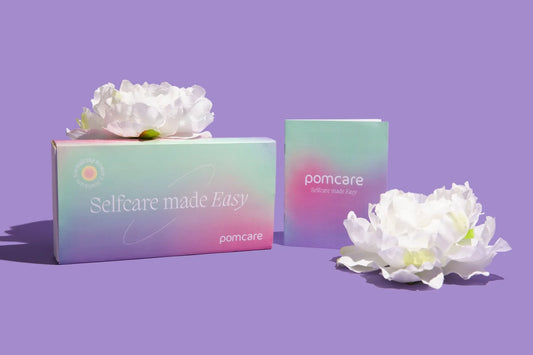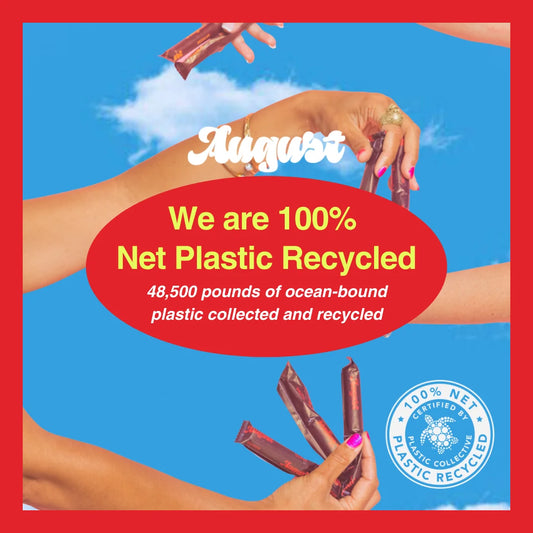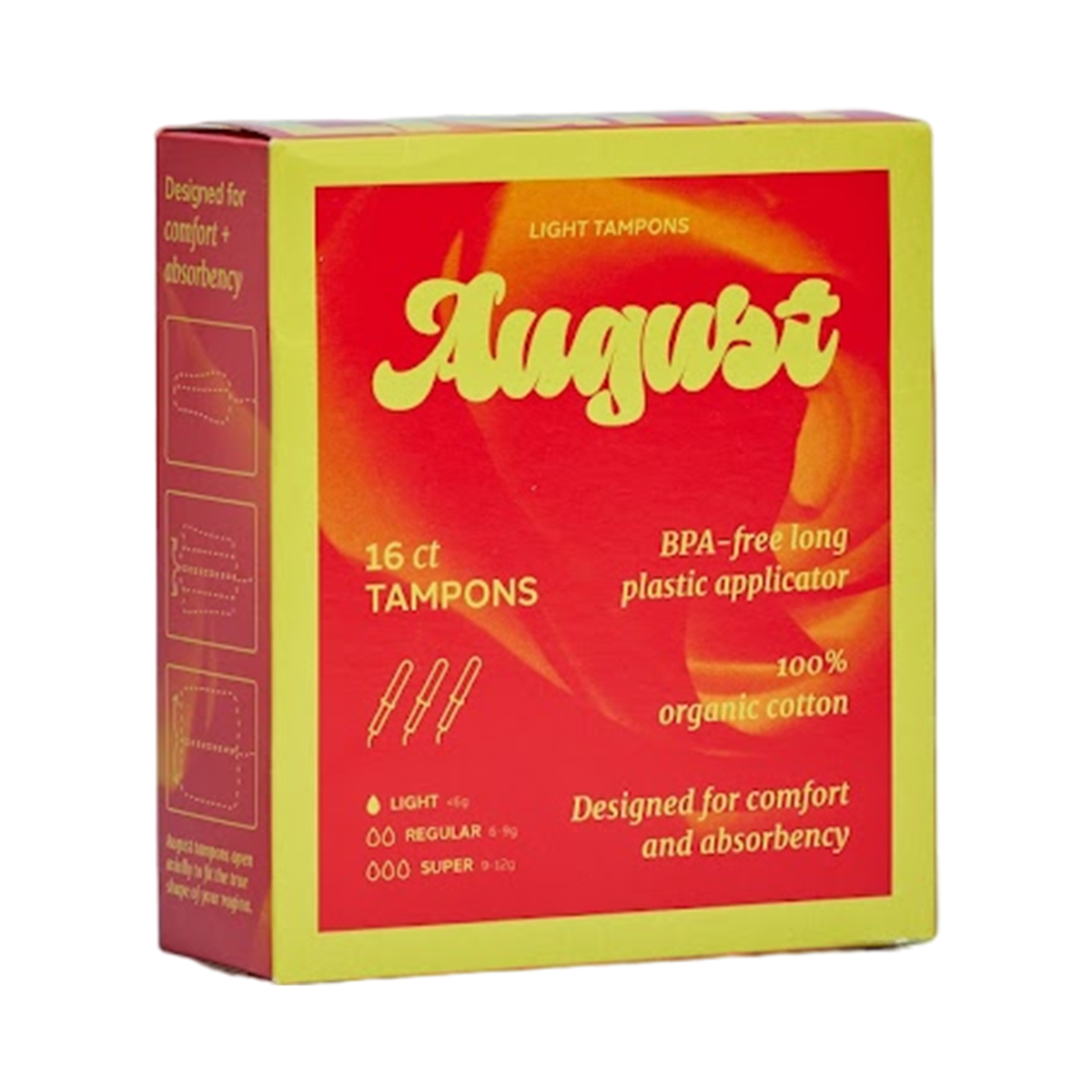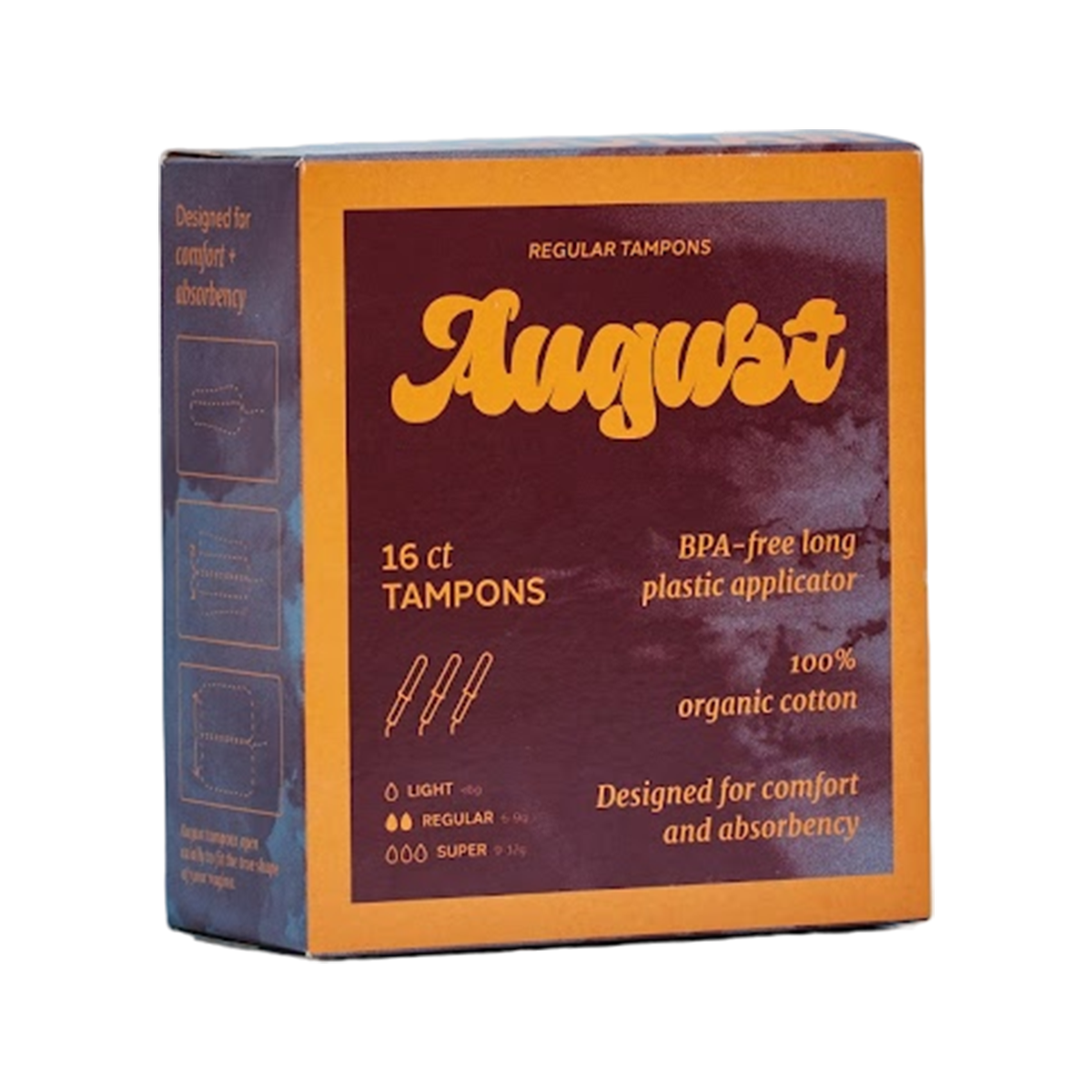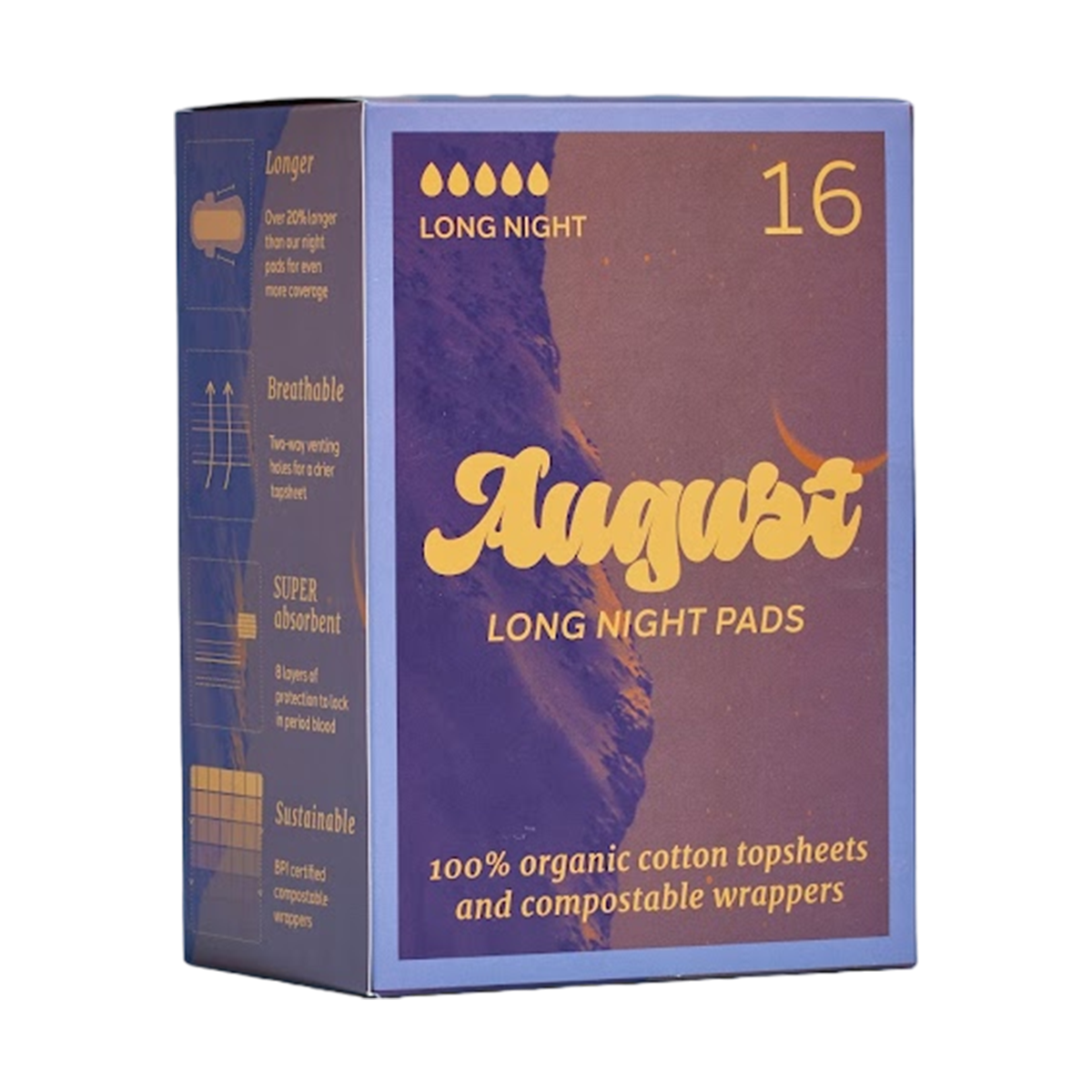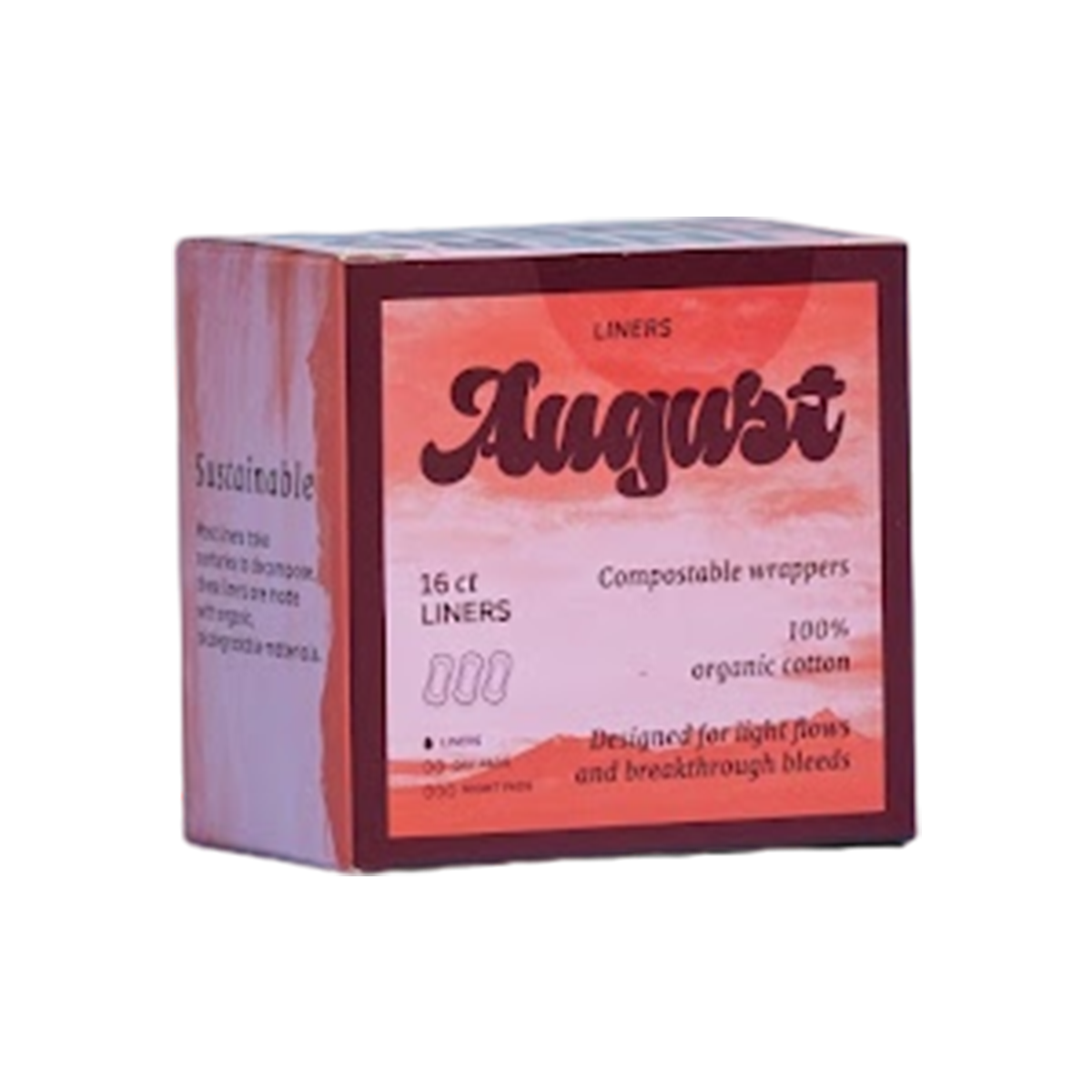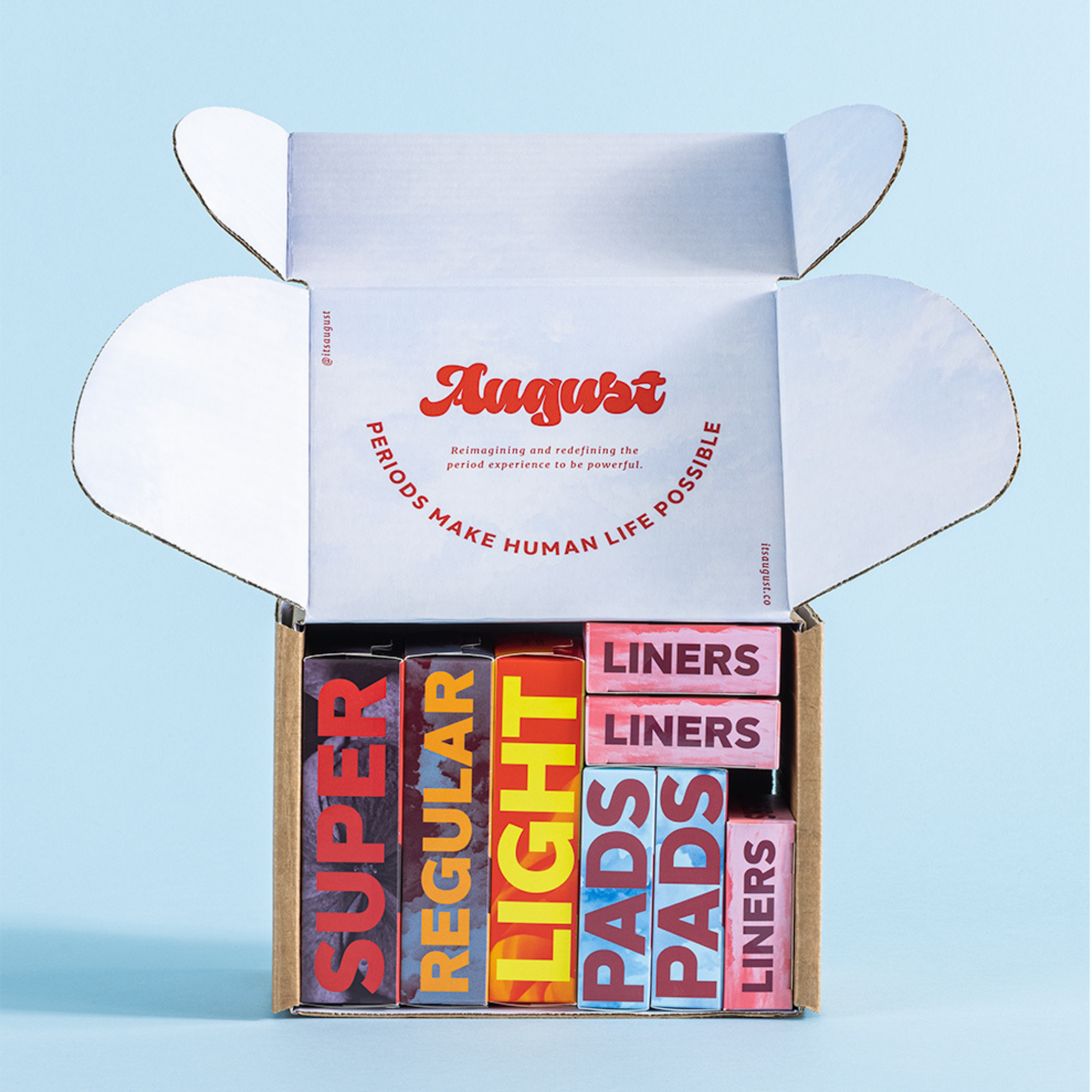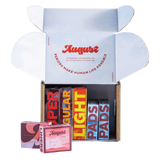Menstrual cycles are driven by hormonal changes. With that, come symptoms, often referred to as PMS (Premenstrual Syndrome).
Keep reading to find out 5 changes caused by hormones and your menstrual cycle…
Hormones 101: What, Why, When and How?
There are 3 hormones, produced mostly by the ovaries, that control various functions & emotions that rise and fall over your menstrual cycle.
- Estrogen: responsible for developing & regulating the female reproductive system, including: building up the endometrium, secondary sex characteristics, and triggering ovulation to happen.
- FSH/LH: Follicile-Stimulating Hormone & Luteinizing Hormones are responsible for ovulation. FSH helps to finish the maturation of the egg while LH helps to release the egg from the sac.
- Progesterone: maintains a healthy uterine lining which would support an egg (if fertilized) into the embryo and fetus stages.
Wondering why testosterone isn’t included in this list? Dr. Saru Bala, ND informed us that, although AFAB people do have some testosterone, it doesn't fluctuate a ton in relation to our cycles, especially compared to these other hormones. Therefore, we’re going to focus on Estrogen, FSH/LH, and Progesterone.
1. Mood Swings

Collectively, the 3 hormones rise and fall in a specific pattern and, depending on your mood, you can actually tell what phase of your monthly cycle you’re in:
-
Week 1 (Follicular): estrogen starts low then rises steadily, which makes you go from fatigued and quiet, to more energized.
-
Week 2 (Ovulation): estrogen and FSH/LH levels rise until they peak (at ovulation). You’ll likely feel extra confident unless there is an excess of estrogen being produced, then you may feel more anxious or in a low mood.
-
Week 3 (Luteal): progesterone is rising and maintaining the uterine/endometrial lining of your uterine lining while estrogen starts to drop, although the latter two hormones go back to rising again just days later. This is the PMS phase.
-
Week 4 (Menstruation): estrogen and progesterone plunge, and so does your mood. The higher the estrogen levels were, the bigger the drop you may feel which will determine how severe your sadness, irritability, fatigue, or anxiety is. Once estrogen rises again your PMS symptoms should be alleviated.
Sounds intense! But hormones are necessary to drive your menstrual cycle which is an amazing, natural bodily function that literally leads to human life (in the right circumstances).
To note, hormonal fluctuations can also trigger pre-existing mental health issues and worsen symptoms of mood disorders like PMDD, or general PMS. If you are experiencing severe signs of depression, reach out to a trusted adult or friend as well as a mental health professional, or doctor. You are NOT alone in feeling down, especially on your period! <3
2. Cravings

Cravings are actually one of the most common symptoms of PMS, and are also influenced by hormonal changes in your body.
First of all, hormones and neurotransmitters point your body towards things that will boost its serotonin (a chemical that boosts feelings of happiness).
Most commonly, starchy foods and sweets will activate the release of serotonin. Unfortunately, they could also trigger hormone imbalances which could affect anything from mood swings to acne to menstrual cycle duration.
The second hormonal influence on cravings is due to progesterone, which causes your body to be less sensitive to insulin and therefore craving more carbs/sugar.
Advice: It’s your body so, at the end of the day, do & eat what makes you happy. However, definitely throw in some other mood-boosting activities like:
- Walking
- Calling a friend
- Listening & dancing to music!
- Focus on protein: this is really important for blood sugar regulation to help with PMS and cravings
- Self-care (or self-pleasure iykyk)
3. Acne

Hormonal acne is one of the first signs of puberty, along with discharge, mood swings, and physical body changes like breasts & body hair. But just like mood swings and bloating, hormonal acne doesn’t stop when you’re 11!!
Just before your period starts, estrogen and progesterone levels drop which can trigger an oily substance that lubricates your skin (called sebum) to be created. Sebum is meant to be a protective, moisturizing layer on your skin but too much can result in clogged pores and breakouts.
In the long term, beyond puberty, hormones can also increase skin inflammation, the production of acne-causing bacteria, hyperpigmentation, dry skin and fine lines.
If you are looking to get to the root cause of your symptoms, consider visiting an endocrinologist, or taking Veracity’s Hormone Wellness Test as a first step.
Advice: wash your face often, especially leading up to your period, and stay away from greasy foods. But remember, everyone gets acne and you’re beautiful with any skin texture!
4. Irregular Cycles

Although the average menstrual cycle is about 21-35 days long, some people will see irregularities month over month in the duration or even the flow. There are a few reasons for this:
- First periods: it’s super common to see some spotting and then not get a “real period” for another 3 months, or even up to a year.
- Dieting or intense exercise can be barriers to getting or maintaining a regular period because your body basically just isn't able to follow through with the entire menstrual process.
- Stress! For many menstruators, they’ll notice a very physical reaction to stress byway of their menstrual cycle. Keep reading for more info…
Cortisol, a steroid hormone, is produced when your body recognizes that you are stressed or anxious. Your body will immediately work against it to try and calm you down. This counter-activity may cause your body to hold off on critical parts of the menstrual cycle, like ovulation, which can then skew your entire cycle resulting in a big delay or even a full skip of that month’s menstrual period.
Fun fact: This is actually an evolutionary response to the fact that having a baby in a stressful point of life isn’t the greatest decision and so it’s literally your body’s way of saying: “Hold up! Life is too chaotic to bring human life into the world rn. Let’s pause on this natural biological process and try again next month…”
Irregular cycles can also be caused by underlying menstrual disorders like PCOS or entering menopause. If you’re past your first year as a menstruator and your period is still very irregular (not on a consistent cycle, different flow texture or amount) and you’re having other severe PMS symptoms, please check in with a doctor. You may discover you’re one of MANY menstruators with a menstrual disorder and, through conversations and some assessments, may be able to find a long term solution or treatment plan.
5. Fatigue

The final hormonal challenge you may find yourself dealing with is fatigue.
The rise and fall of estrogen and progesterone can affect your energy levels. Typically, you’ll find yourself more tired in the luteal (pre-period) phase & when menstruation is actually happening. You may find yourself especially tired or lacking the will to do, well, anything, because progesterone is considered the “calming hormone” and it affects your blood sugar levels.
Our best advice to combat tiredness around your period? Rest and focus on restoring your blood sugar levels.
- You can do this by focusing on higher protein intake with each meal, trying to avoid carby/sugary foods without protein/fat paired with it, and walking after each meal. This will make a big difference, especially in the luteal phase!
Nothing like a few good nights of sleep or saying no to social plans or going easy on yourself if you only get 1 thing done that day.
Girlbossing too close to the sun is WAY too common and we need to come together in reminding ourselves to chill TF out sometimes. Remembering to change your August tampon every 8 hours (to avoid TSS, click here for more info) is already a big enough challenge – no need to run a marathon while on your period too.
Before you click away...
Can we try and flip the narrative a bit and consider that maybe having PMS is a blessing in disguise?
Think about it: a few days before you BLEED freely, your body sets off natural reminders to check that your August subscription box is arriving on time PLUS gives you an easy out from next week’s social plan that you never actually wanted to participate in in the first place…
We’ve said it once, and we’ll say it again…periods are MAGICAL and so powerful. Be kind to yourself and to your body <3
